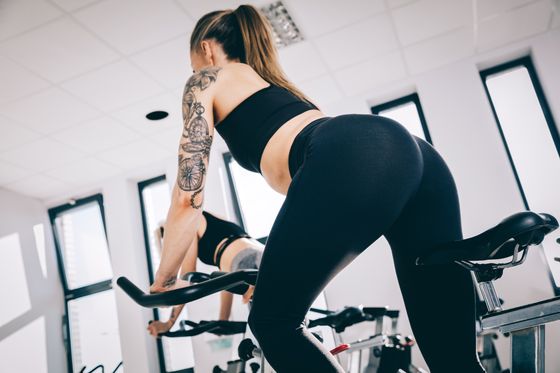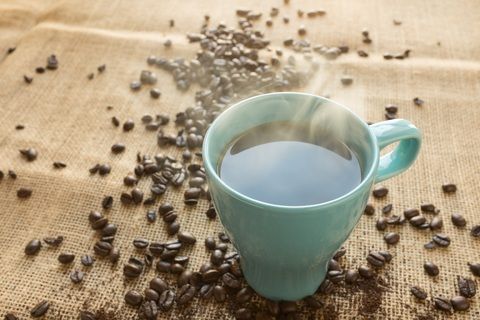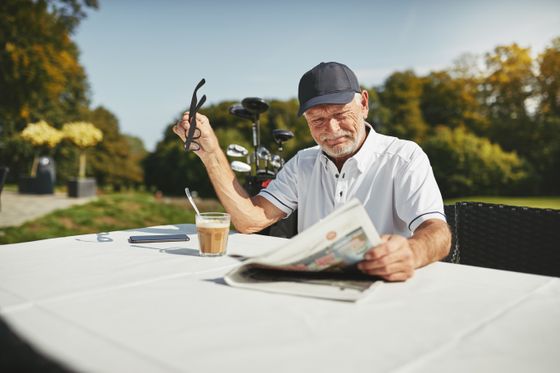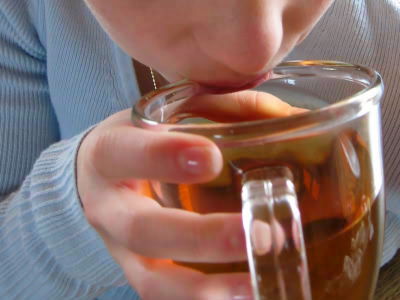It turns out that drinking coffee will boost your athletic performance

by
It is well known that caffeine, which is contained in coffee, green tea, black tea, etc., has the effect of awakening, but recently it has the effect of enhancing brain concentration and the effect of preventing dementia. I know that there is. It turned out that such caffeine has a positive impact on sports.
Wake up and smell the coffee: caffeine supplementation and exercise performance—an umbrella review of 21 published meta-analyses | British Journal of Sports Medicine
https://bjsm.bmj.com/content/early/2019/03/29/bjsports-2018-100278
Health check: can caffeine improve your exercise performance?
https://theconversation.com/health-check-can-caffeine-improve-your-exercise-performance-114087
The caffeine group reported that it was effective in improving their performance in sports is the research group of Jozo Gruzicch and others who are studying sports science at the University of Victoria, Australia. Gurdzic et al. 11 cases of caffeine and sports using a technique called “Umbrella review (overall report)” that analyzes multiple papers and research results and their meta-analysis more integratedly. The paper of was evaluated.
As a result, it was concluded that caffeine intake improves sports performance by 2% up to 16%. There is a wide range of effective exercise contents, and both aerobic and anaerobic exercises are effective, and you can expect improvement in muscle strength and endurance. In addition, we know that performance improvement is not affected by daily caffeine intake.

by
Gurdzic recommends that you drink coffee, specifically on how to use caffeine. However, taking caffeine in a way other than coffee does not mean that it is ineffective; it is simply because it lacks data.
For example, one study found that caffeinated jelly and bars, and confectionery products such as chewing gum, may help to improve performance, but did not provide enough data to confirm. On the other hand, caffeine-containing energy drinks and sprays that spray caffeine-containing aerosols to the nose and mouth had almost no effect, but it was found that there was insufficient data to conclude that they were not effective. Of. For this reason, it is more likely that 'the effect can not be confirmed by methods other than coffee' rather than 'the effect is not other than coffee.'

by
The researchers say about 45-90 minutes before exercise is recommended for drinking coffee. Also, caffeinated chewing gum is absorbed quickly, so it's OK 10 minutes before exercise. Next is the amount of caffeine intake, but two cups of coffee is the best. Another study shows that caffeine improves performance by 3 to 6 mg / kg of body weight. Normally, freshly drawn coffee contains 95 to 165 mg caffeine per cup, so if an adult weighing 70 kg tries to consume 210 mg to 420 mg caffeine, about 2 cups of coffee It will be a good calculation if you drink it. However, caffeine contained in a cup of coffee is quite different depending on the variety, depth of roasting, how to put it, etc., so it is just a guide. In particular, when people who do not drink coffee on a daily basis practice caffeine intake to improve their exercise capacity, they need to try from a small amount for safety.

by FlamingoImages
I know that caffeine in coffee improves the performance of sports, but it's premature to think that drinking a lot of coffee can make it a sports all-rounder. There are individual differences in the effects of caffeine, and it has also been confirmed that only 2% of the intake has improved the performance. In addition, the excessive intake of caffeine cause, such as insomnia, neurosis, anxiety, stomach pain, nausea, headache risk there is also. 'If caffeine improves athletic performance, it is necessary for the person to actually try and gain experience,' says Grudzic.
Related Posts:







